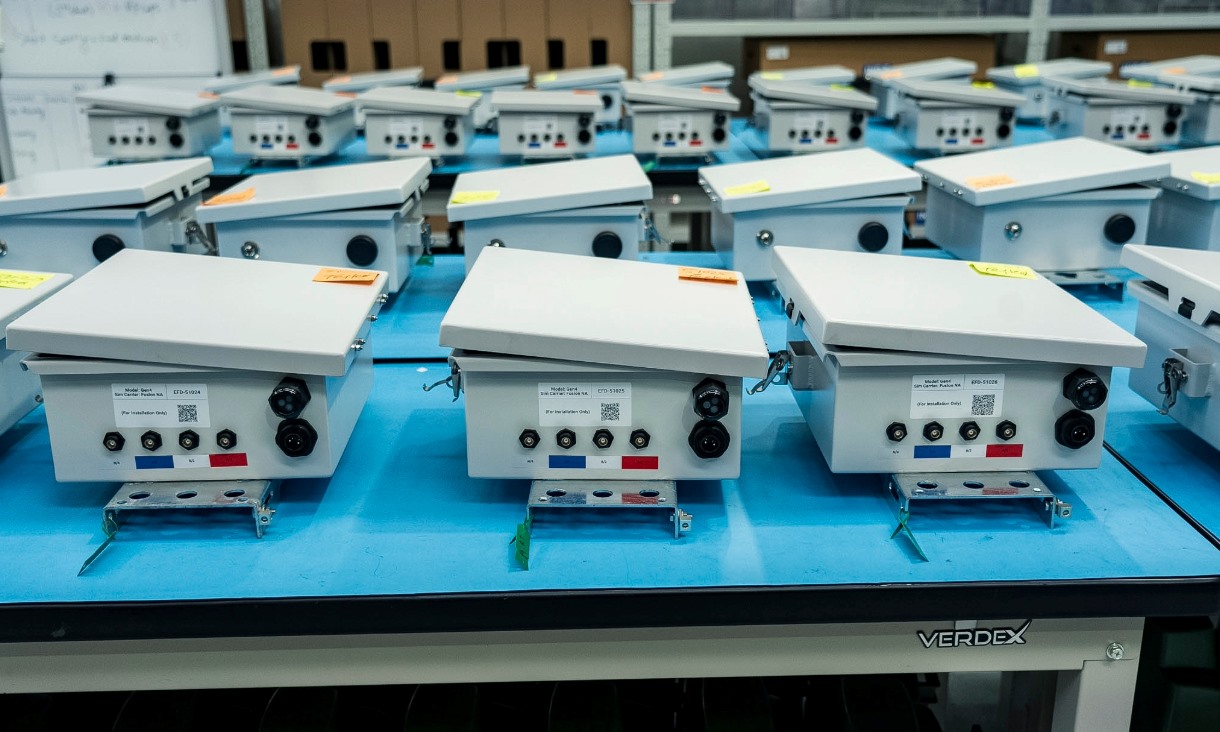‘Incredibly resilient’ nylon device creates electricity under tonnes of pressure
RMIT University researchers have developed a flexible nylon-film device that generates electricity from compression and keeps working even after being run over by a car multiple times, opening the door to self-powered sensors on our roads and other electronic devices.
Aussie bushfire prevention tech goes global
A powerline fault detection system invented at RMIT is being rolled out globally thanks to AUD $50 million in new funding.
New carbon-conversion technology could turn emissions into jet fuel
RMIT researchers have developed a carbon conversion technology that may one day help turn industrial emissions into jet fuel, by simplifying how carbon dioxide is recycled.
5G home internet challenges NBN, but mass shift still a way off: study
Most Australians who have 5G are content with it, yet few actively seek it out or plan to switch in the short term, a study from RMIT University has found.








